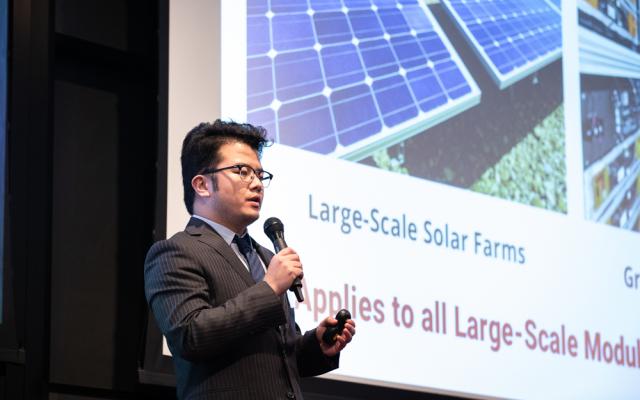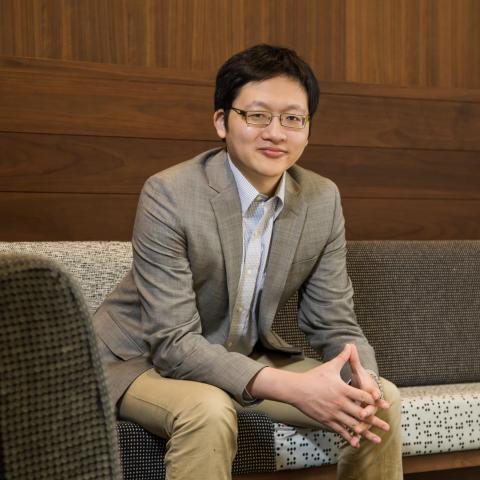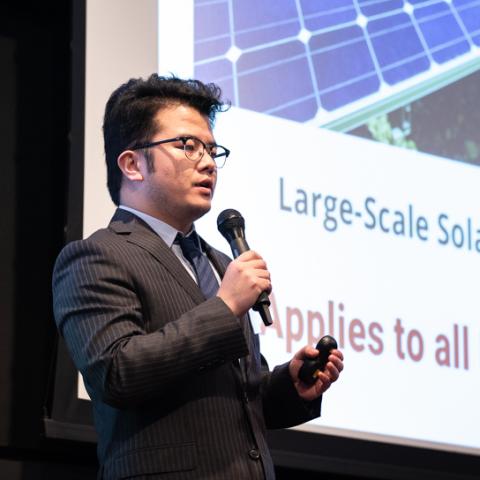
U.S. data centers currently consume more than 90 billion kilowatt-hours of electricity a year and produce as much CO2 emission as the entire airline industry. Traditional power delivery architectures in data centers are bulky and inefficient. Only 60% of electricity is used for computing and the rest is lost in the power conversion process. At Princeton PowerLab, we have developed a new power electronics device, the Energy Processing Unit (EPU), which can simultaneously supply power to thousands of modular computing units with extremely high energy efficiency. The key principle is to avoid delivering power to each individual server or computer with one standalone power converter, but aggregating these converters into a highly integrated system which is connected to a large number of computing devices. The EPU functions as an intelligent energy management system and only process the differential power amongst the server clouds. With reduced component count and power conversion stress, the EPUs can be extremely compact and very efficient. Leveraging the wide-band-gap semiconductor devices and advanced control algorithms, EPUs have the potential to become a mainstream technology for future data centers, be included in the next generation power delivery standards, and will open new opportunities to many other emerging energy systems such as large-scale solar farms and grid-scale energy storage systems.


